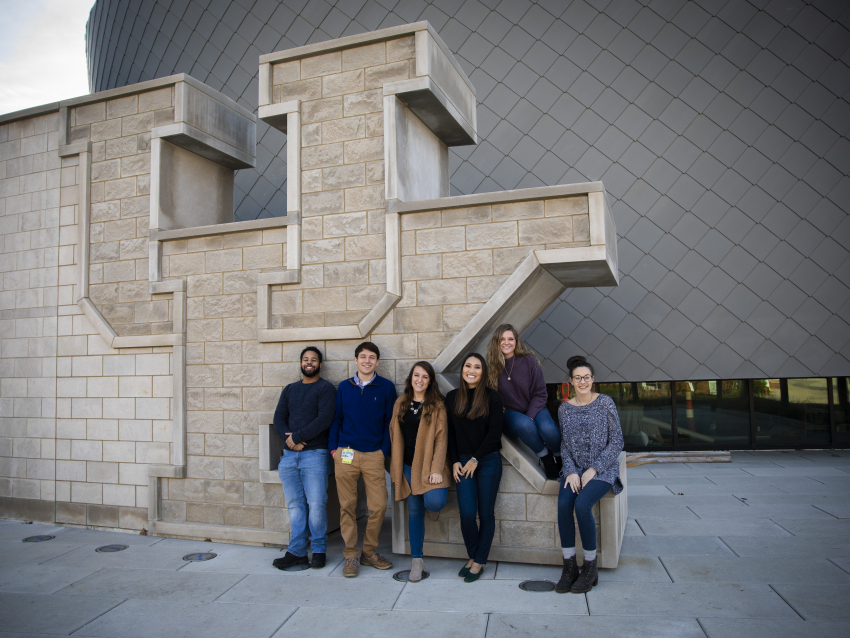
UK College of Pharmacy to help address inequities with new scholarship
The University of Kentucky College of Pharmacy (UKCOP) has created a scholarship in an effort to address inequity within the pharmacy profession. The scholarship, put in place at the request of UKCOP’s students, was created after students help identify the need for more substantial scholarship support to enable attendance of a more diverse student body.
The scholarship – open to any student who wishes to apply – is in honor of the first African American woman pharmacist in Kentucky, Harriet Beecher Stowe Marble. Marble practiced pharmacy throughout the United States and was a pillar of the Lexington community where she owned a drugstore. The scholarship is meant to assist students in their pursuit of a pharmacy degree.
Marble's pharmacy career first began when she received her B.S. in pharmacy in 1906 from Meharry Medical College, the nation’s oldest historically Black health sciences center. She was an excellent student and went on to outscore 77 others before the Mississippi State Board of Examiners in 1908.
Marble went on to get her pharmacy license in several states, practicing pharmacy throughout the country. Her career took her down several different paths—she worked at drug stores in Oklahoma and Mississippi and then within the health-system at the Tuskegee Normal and Industrial College in Alabama. Later, Marble was able to open a drug store in her hometown of Yazoo City, Mississippi, before deciding to move to Lexington with her family in 1921.
Marble's time in Lexington was the peak of her career. During this time, she became one of the most successful businesswomen in Kentucky. Her property at 118 North Broadway functioned as a physician's office, pharmacy, and home. Marble's hard work did not go unnoticed; she had relationships with other successful black women like Madam C.J. Walker, the first Black woman to become a millionaire in the United States.
Marble was also involved in national pharmacy organizations. She was elected office-bearer of the National Medical Association (NMA) pharmaceutical section in 1913 and became vice president in 1919.
Marble's historic and groundbreaking career allowed her to provide meaningful care to patients across the country. Through this scholarship, UKCOP will help her legacy live through the next generation of pharmacists.
If you would like to contribute to the Marble Scholarship or in another capacity, please email Senior Director of Philanthropy, Mary Beth Neiser at marybeth.neiser@uky.edu. You may also give online at bit.ly/giveukcop.
